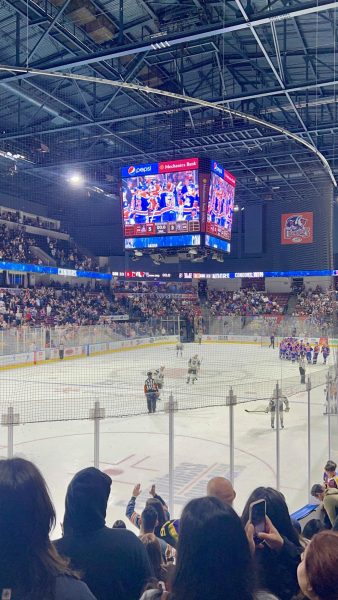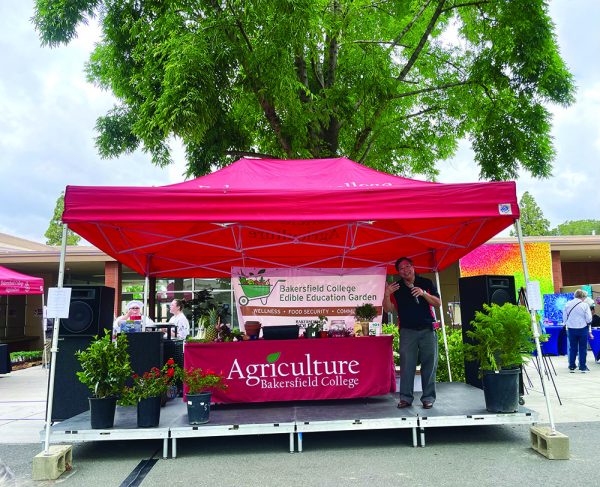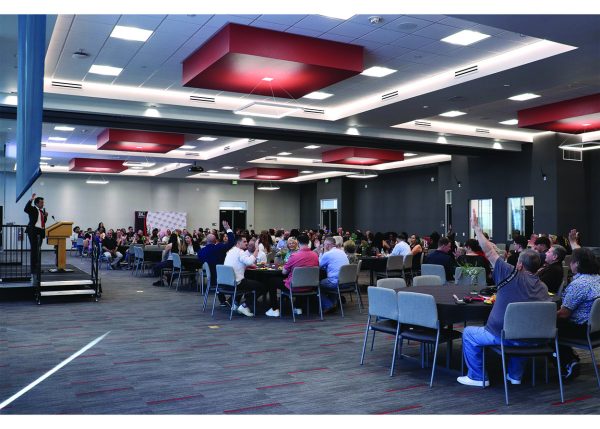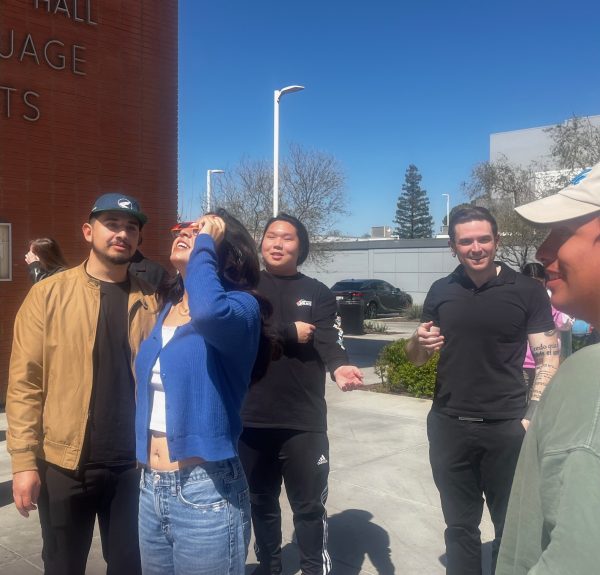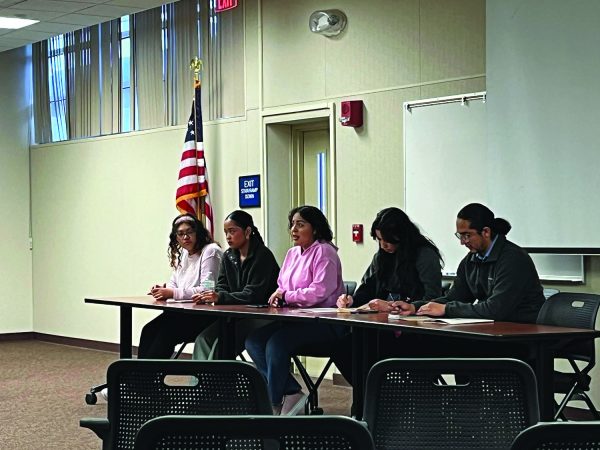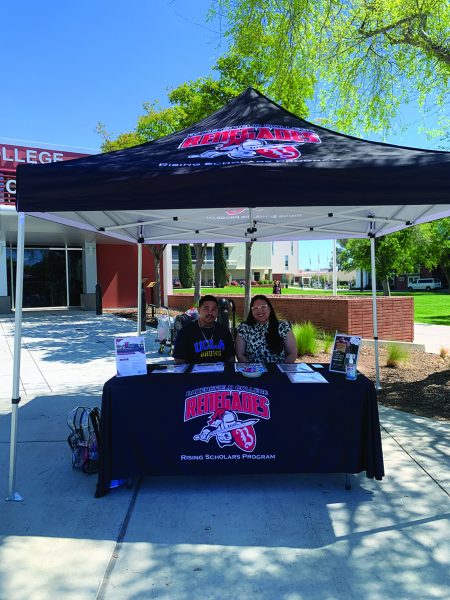President’s virtual seminar talks about online learning improvement and strategies
November 11, 2020
The webinar was held on Nov 5. According to the host, Todd Coston, this edition was about the strategic plan that is going to take place until June 2021. The session was focused on the directions that everyone had to follow to accomplish with that plan.
He passed it to BC’s president Sonya Christian. She made an introduction to the strategic plan that is about to be discussed. Christian said that classes may be going to be online for the next semester as well, Spring 2021.
Christian also said that there is going to be a series of seminars from Dec 4 to 8, from 2 p.m. to 4 p.m. in which there are going to be some speakers that are going to talk about online learning strategy.
Coston introduces then Alex Rockey, an Institutional technology department specialist. She started her speech by explaining how students’ virtual learning is going to be monitored for their improvement.
“We all know that the end with the students isn’t graduation day, it’s really just the beginning, and this is true as we approach the future of work. And preparing learners for the jobs in careers which have not been yet invented,” said Rockey.
Rockey explained that, with badges, they could see a “high resolution” of what the student is learning at BC. She also explained that the student has control over their badges, which means, they have the control of their data.
Brent Wilson, a physics professor, spoke about majoring in learning. He explained the three sections of all the work that they do, which is summarized in the assessment made to improve the individual course level. In this assessment, they take into consideration the change of the curriculum.
According to Rockey, once they have the results and all that data, they use it to make a program and to improve the course. Next, they do a program review on it.
“The program review is an important piece because it ties into resources to better support our students and faculty and what they do”, said Wilson.
Then Nick Strobel, a physics professor, explained the different pathways of majoring in learning. For the first week, they have the first pathways, which is a sequence of learning outcomes of degrees with career information that would be easy to understand.
He also explained a pathway that is going to be helpful for those students that would like to pursue a college degree while they are getting their high school diploma. This one is called “Early College”.
Erica Menchaca, a professor in education, started to talk about how the CBE will help student learning. According to Menchaca, this plan is going to help students to learn at their own pace in their homes. These courses are all connected with Canvas.
However, the goal of the CBE is not to let students figure out by themselves what they are going to do next, but a tool that would students to learn at their own pace.
Menchaca answers some questions about the process. One of them was about the existing curriculum and its alliance with the CBE model.
“The process will be developed at this state level and is being written currently into title five right now. So it’s not approved for the community Colleges yet,” Menchaca said.
She explains that maybe discussions are going to be difficult in the CBE model, but there are going to be discussions anyway.
The webinar finalized with Coston giving some dates for other webinars and explaining that the goal is not to make more work for everyone to do, but to set some strategic plans for the next three years and be prepared if anything happens.





